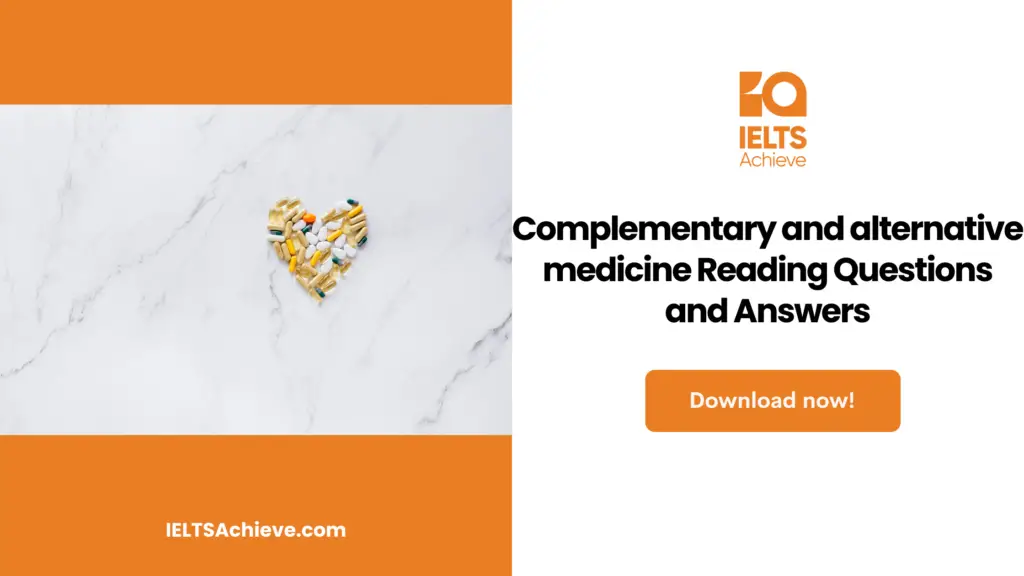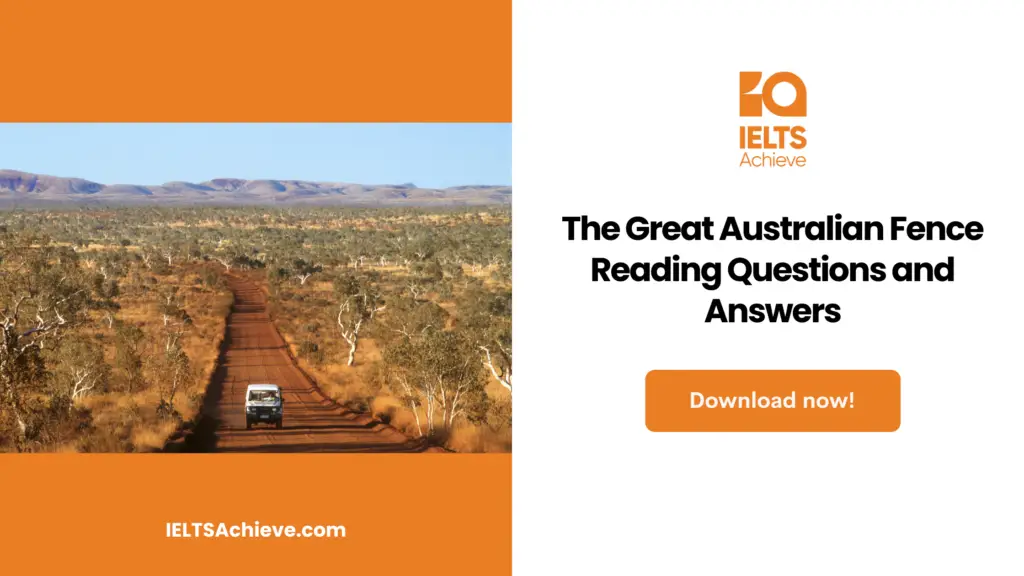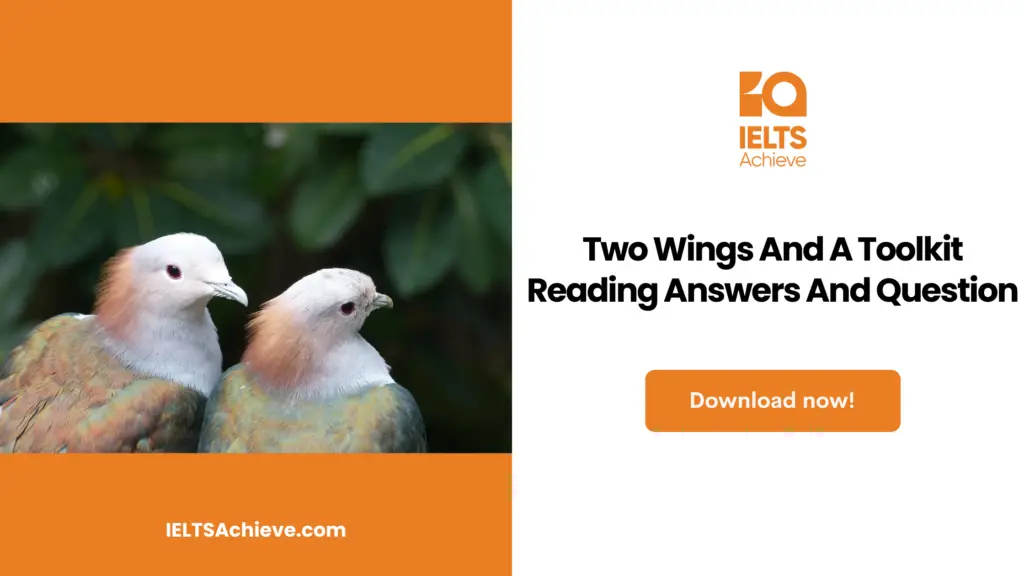The Blog post contains the following IELTS Reading Questions:
- IELTS Reading Matching Sentence Endings
- IELTS Reading Table Completion
- IELTS Reading Matching Headings
Stay informed and prepared for success – Explore our comprehensive Reading Test Info page to get valuable insights, exam format details, and expert tips for mastering the IELTS Reading section.
IELTS Reading passage – Complementary and alternative medicine

Complementary and alternative medicine
WHAT DO SCIENTISTS IN BRITAIN THINK ABOUT ALTERNATIVE’ THERAPIES? OR LA KENNEDY READS A SURPRISING SURVEYIs complementary medicine hocus-pocus or does it warrant large-scale scientific investigation? should science range beyond conventional medicine and conduct research on alternative medicine and the supposed growing links between mind and body? This will be hotly debated at the British Association for the Advancement of Science.
One Briton in five uses complementary medicine, and according to the most recent Mintel survey, one in ten uses herbalism or homoeopathy. Around £130 million is spent on oils, potions and pills every year in Britain, and the complementary and alternative medicine industry is estimated to be worth £1.6 billion. With the help of Professor Edzard Ernst, Laing chair of complementary medicine at The Peninsula Medical School, Universities of Exeter and Plymouth, we asked scientists their views on complementary and alternative medicine. Seventy-five scientists, in fields ranging from molecular biology to neuroscience, replied.Surprisingly, our sample of scientists was twice as likely as the public to use some form of complementary medicine, at around four in 10 compared with two in 10 of the general population. Three quarters of scientific users believed they were effective. Acupuncture, chiropractic and osteopathy were the most commonly used complementary treatments among scientists and more than 55 per cent believed these were more effective than a placebo and should be available to all on the National Health Service.Scientists appear to place more trust in the more established areas of complementary and alternative medicine, such as acupuncture, chiropractic and osteopathy, for which there are professional bodies and recognised training, than therapies such as aromatherapy and spiritual healing. ‘Osteopathy is now a registered profession requiring a certified four-year degree before you can advertise and practise,’ said one neuroscientist who used the therapy. Nearly two thirds of the scientists who replied to our survey believed that aromatherapy and homoeopathy were no better than placebos, with almost a half thinking the same of herbalism and spiritual thinking. Some of the comments we received were scathing, even though one in ten of our respondents had used homeopathy.
‘Aromatherapy and homoeopathy are scientifically nonsensical,’ said one molecular biologist from the University of Bristol. Dr Romke Bron, a molecular biologist at the Medical Research Council Centre at King’s College London, added: ‘Homoeopathy is a big scam and I am convinced that if someone sneaked into a homoeopathic pharmacy and swapped labels, nobody would notice anything.’Two centuries after homeopathy was introduced, it still lacks a watertight demonstration that it works. Scientists are happy that the resulting solutions and sugar baffled by how they can do anything.Both complementary and conventional medicine should be used in routine health care, according to followers of the ‘intergrated health approach’, who want to treat an individual ‘as a whole’. But the scientists who responded to our survey s expressed serious concerns about this approach, with more than half believing that integrated medicine was an attempt to bypass rigorous scientific testing. Dr Bron said: ‘There is an awful lot of bad science going on in alternative medicine and the general public has a hard time to distinguish between scientific myth and fact. It is absolutely paramount to maintain rigorous quality control in health care. Although the majority of alternative health workers mean well, there are just too many frauds out there preying on vulnerable people.’One molecular biologist from the University of Warwick admitted that ‘by doing this poll I have realised how shamefully little I understand about alternative therapy. Not enough scientific research has been performed. There is enough anecdotal evidence to suggest that at least some of the alternative therapies are effective for some people, suggesting this is an area ripe for research.’When asked if complementary and alternative medicine should get more research funding, scientists believed the top three (acupuncture, chiropractic and osteopathy) should get money, as should herbalism. It seems that therapies based on physical manipulation or a known action – like the active ingredients in a herb on a receptor in the body – are the ones that the scientific community has faith in. Less than a quarter thought that therapies such as aromatherapy, homoeopathy and spiritual healing should get any funding.
Scientists believed that the ‘feelgood’ counselling effect of complementary medicine and the time taken to listen to patients’ problems was what worked, rather than any medicinal effect. In contrast, the average visit to the doctor lasts only eight minutes, says the British Medical Association. Dr Stephen Nurrish, a molecular biologist at University College London, said: ‘Much of the benefit people get from complementary medicine is the time to talk to someone and be listened to sympathetically, something that is now lacking from medicine in general.’But an anonymous neuroscientist at King’s College London had a more withering view of this benefit: ‘On the validity of complementary and alternative medicines, no one would dispute that ‘feeling good’ is good for your health, but why discriminate between museum-trip therapy, patting-a-dog therapy and aromatherapy? Is it because only the latter has a cadre of professional ‘practitioners’?’There are other hardline scientists who argue that there should be no such thing as complementary and alternative medicine. As Professor David Moore, director of the Medical Research Council’s Institute for Hearing Research, said: ‘Either a treatment works or it doesn’t. The only way to determine if it works is to test it against appropriate controls (that is, scientifically).’
Unlock your full potential in the IELTS Reading section – Visit our IELTS Reading Practice Question Answer page now!
Recommended Questions:
Renewable Energy IELTS Reading Question with Answer
Questions 1-6
Look at the following views (Questions 1-6) and the list of people below them. Match each view with the person expressing it in the passage. Write the correct letter A—E in boxes 1-6 on your answer sheet.
NB You may use any letter more than once.
1) Complementary medicine provides something that conventional medicine no longer does.
2) It is hard for people to know whether they are being told the truth or nor.
3) Certain kinds of complementary and alternative medicine are taken seriously because of the number of people making money from them.
4) Nothing can be considered a form of medicine unless it has been proved effective.
5) It seems likely that some forms of alternative medicine do work.
6) One particular kind of alternative medicine is a deliberate attempt to cheat the public.
List of People
A. Dr Romke Bron
B. a molecular biologist from the University of Warwick
C. Dr Stephen Nurrish
D. a neuroscientist at King’s College London
E. Professor David Moore
Ready to conquer Matching Headings questions? Click here to learn essential tips and techniques for matching headings accurately to paragraphs or sections in the IELTS Reading section.
Questions 7-9
Complete each sentence with the correct ending A-F from the box below. Write the correct letter A-F in boxes 7-9 on your answer sheet.
7) The British Association for the Advancement of Science will be discussing the issue of
8) A recent survey conducted by a certain organisation addressed the issue of
9) The survey in which the writer of the article was involved gave information on
A. what makes people use complementary rather than conventional medicine.
B. how many scientists themselves use complementary and alternative medicine.
C. whether alternative medicine should be investigated scientifically.
D. research into the use of complementary and conventional medicine together.
E. how many people use various kinds of complementary medicine.
F. the extent to which attitudes to alternative medicine are changing
Ready to sharpen your skills in Matching Sentence Endings? Click here to discover expert strategies and techniques for accurately matching sentence endings with the corresponding information in the IELTS Reading section.
Questions 10-13
Classify the following information as being given about
| A | acupuncture |
| B | aromatherapy |
| C | herbalism |
| D | homoeopathy |
Write the correct letter, A, B, C or D in boxes 10-13 on your answer sheet.
10) scientists believe that it is ineffective but harmless.
11) Scientists felt that it could he added to the group of therapies that deserved to be provided with resources for further investigation.
12) Scientists felt that it deserved to be taken seriously because of the organised way in which it has developed.
13) A number of scientists had used it, but harsh criticism was expressed about it.
Boost your performance in Summary, Notes, Table, and Flowchart Completion tasks. Click here to explore our detailed guide and learn how to effectively complete summaries, notes, tables, and flowcharts in the IELTS Reading section.
Unlock your full potential in the IELTS Reading section – Visit our IELTS Reading Practice Question Answer page now!
Recommended Questions:
Renewable Energy IELTS Reading Question with Answer
Answers
1) Answer: C
2) Answer: A
3) Answer: D
4) Answer: E
5) Answer: B
6) Answer: A
7) Answer: C
8) Answer: E
9) Answer: B
10) Answer: D
11) Answer: C
12) Answer: A
13) Answer: D

We hope you found this post useful in helping you to study for the IELTS Test. If you have any questions please let us know in the comments below or on the Facebook page.
The best way to keep up to date with posts like this is to like us on Facebook, then follow us on Instagram and Pinterest. If you need help preparing for the IELTS Test, join the IELTS Achieve Academy and see how we can assist you to achieve your desired band score. We offer an essay correction service, mock exams and online courses.

